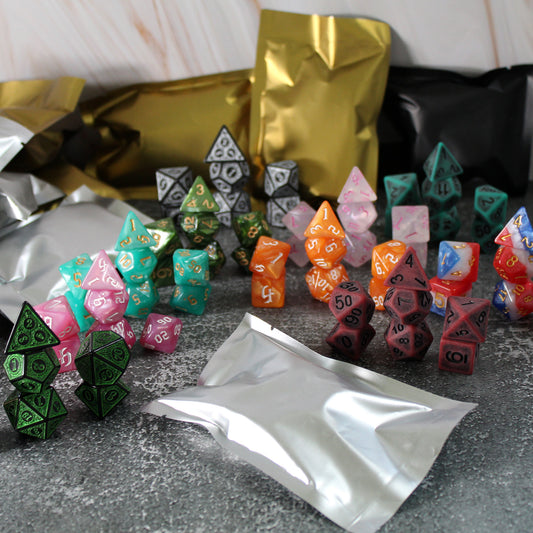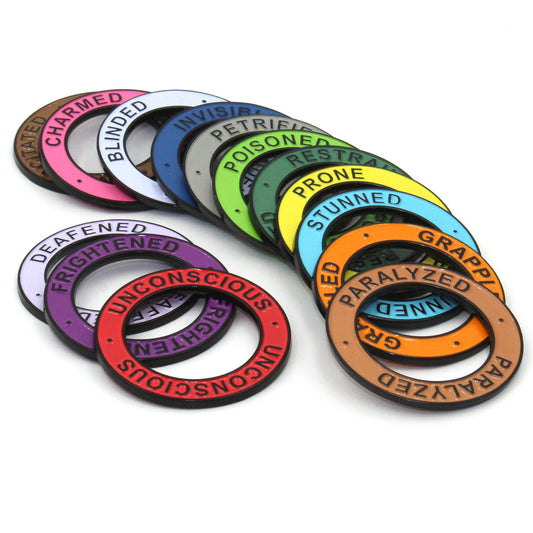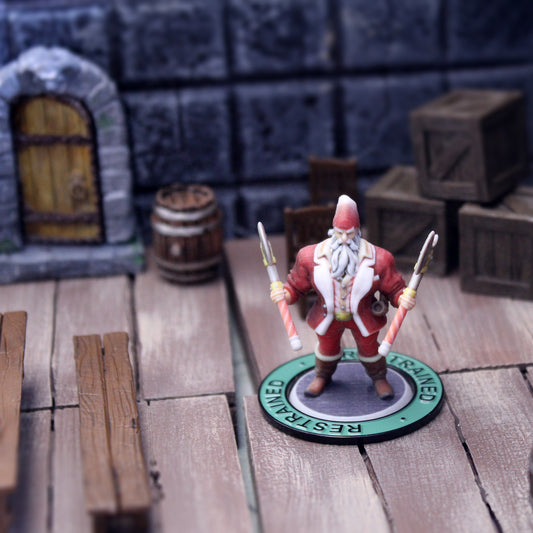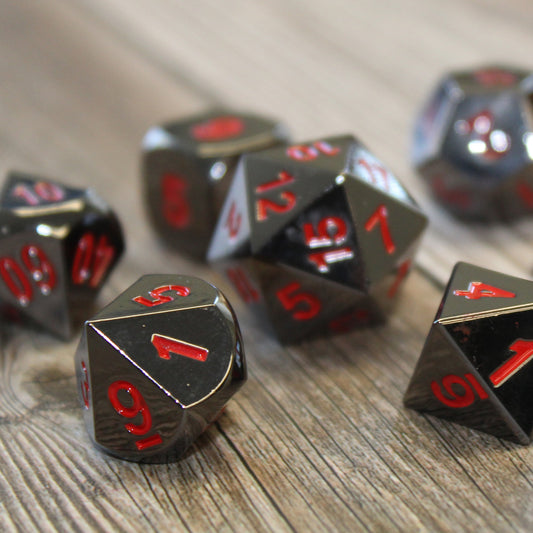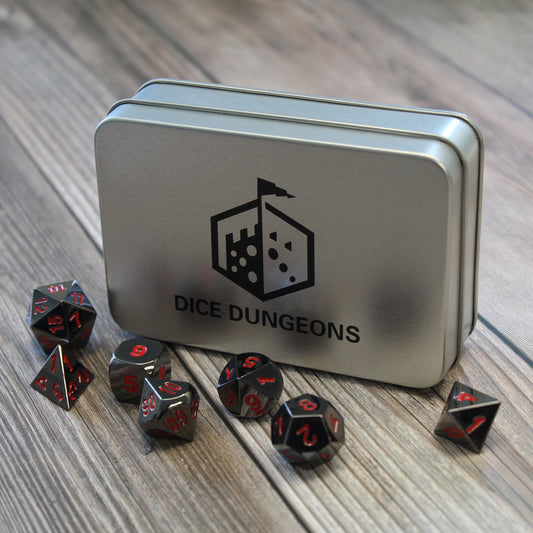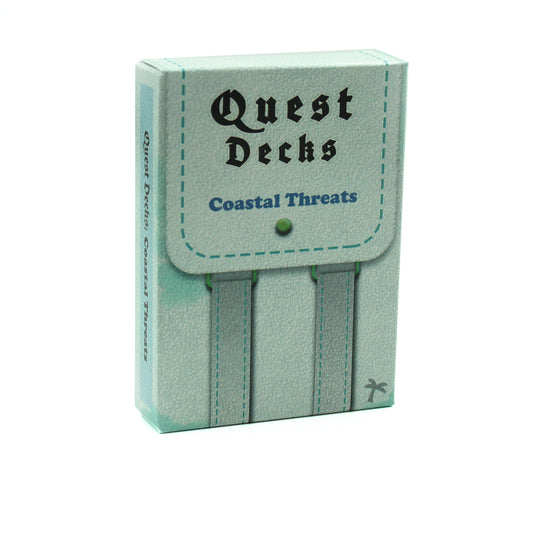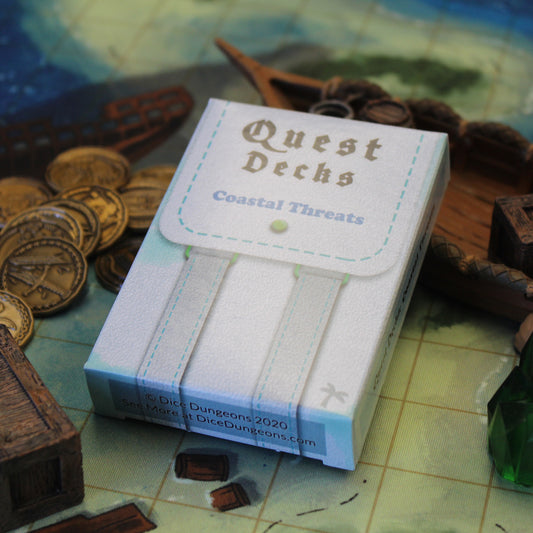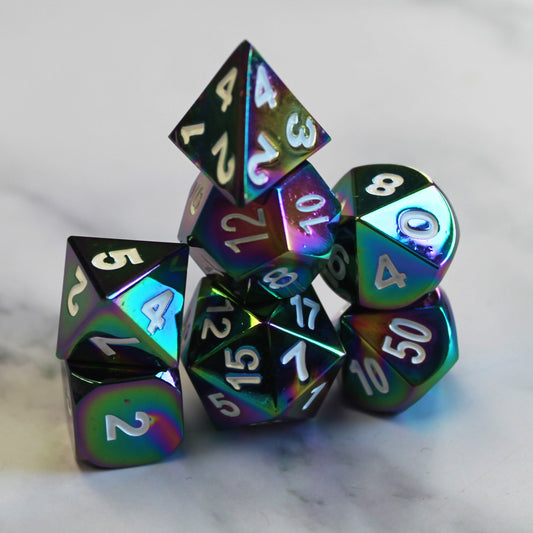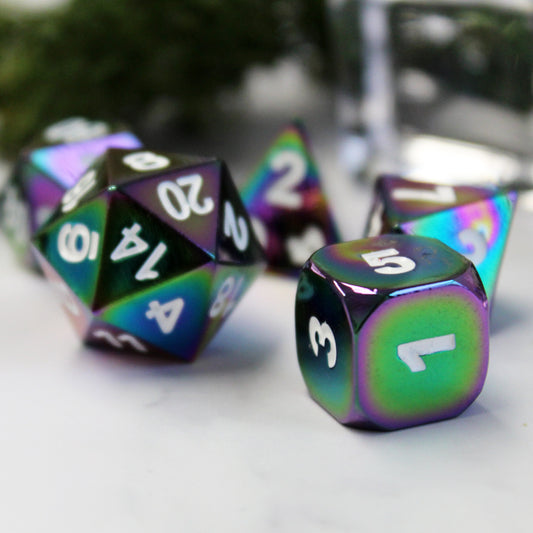One of the more nebulous aspects of D&D 5e are the rules surrounding the perception skill, particularly the use of passive perception.
The Perception Skill and How to Calculate Passive Perception:
Let us start be defining some terms. The perception skill deals with noticing details in your environment. Eavesdropping, finding hidden enemies, and detecting an ambush all can fall under the perception skill. Passive perception measures the perception skill without rolling any dice. Passive perception is calculated as 10+all modifiers that would apply to a rolled perception check for that character (such as the wisdom modifier and proficiency bonus).
Uses for Passive Perception:
So, why would you want to use passive perception over a perception check? The simplest answer is to surprise your players. If the party enters a room and you immediately ask for a perception check they will know something is up. Even if the characters fail the roll, the players will be on edge simply because a roll happened. If you as GM use passive perception instead, you can predetermine what information is readily available to the players and what is hidden. Is there a kobold hiding in the corner waiting for the party to trigger a trap? With a high enough passive perception a member of the party may see them. Perhaps an enemy is spying on the players. You can roll the enemy's stealth versus the party's passive perceptions and leave the players none-the-wiser to the uninvited guest.
The Observant Feat:
For the most part, when and where to use passive perception is up to your discretion as a GM. If you want to make the party roll perception every time, you can do so. However, there is one major complicating factor: the Observant Feat. Observant adds a +5 to passive perception only. If a player has taken the Observant feat you should seriously consider using passive perception more often. If you never make use of passive perception, your player may feel misled or cheated. Dungeons & Dragons is a game, so make sure everyone is having fun.

